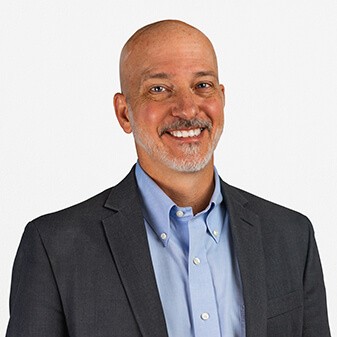Jun 1
2020
Improving First Responder Calls and Patient Monitoring One Live Stream at a Time
By Dave Stubenvoll, CEO, Wowza Media Services.

The scale of the coronavirus pandemic is impacting every facet of daily life. As COVID-19 continues its global spread, authorities are restricting large gatherings of people and enforcing stay at home protocols. This crisis is forcing us to adapt to a “new normal,” and technology is taking center stage to help us through the transition.
Among the advances easing this burden are live streaming technologies. The rapid adoption of live streaming continues to grow with the spread of the COVID-19 pandemic, as a large number of companies are using this technology to improve their day-to-day operations.
In fact, as the popularity and usefulness of video delivery over the internet grows, reports reveal that live streaming has already attracted 47% more users than this time last year. Through the influx of telehealth, remote learning, remote video conferencing and canceled events, live streaming has become a versatile — and essential — tool that is changing the way we stay in contact with others, particularly in the age of social distancing.
Live streaming is gaining in popularity across many different industries. Until the advent of live streaming technologies, 911 operators only had one source of information to assess an emergency situation: the caller. Now, thanks to advances in live streaming technologies, 911 operators are empowered with unprecedented access to emergency situations via live video.
Carbyne, a technology company that delivers actionable data from connected mobile devices to emergency communications centers, uses live streaming to enhance critical response capabilities. Through the combination of real-time video and location data, Carbyne provides emergency personnel with a more accurate assessment of the scene before they arrive, reducing emergency response times by more than 60%.
While Carbyne’s technology has proven beneficial across the globe for several years, the COVID-19 pandemic has brought additional benefits to the technology. Carbyne is effectively able to remotely evaluate potential COVID-19 cases and forward potentially infected individuals to medical professionals via telehealth services while maintaining HIPAA compliance.
Additionally, the Carbyne platform has been used in some cities to help track COVID-19 cases, delivering a heat map that details coronavirus-related calls so the municipality can better allocate resources and prevent the disease from spreading. As one hotspot hit hard by the virus, New Orleans uses Carbyne’s COVID-19 service to manage emergency calls and help individuals who have contracted the virus contact telehealth professionals instead of flooding emergency rooms. Carbyne has been fielding 70% of the city’s emergency calls, a majority of which were related to COVID-19 symptoms.